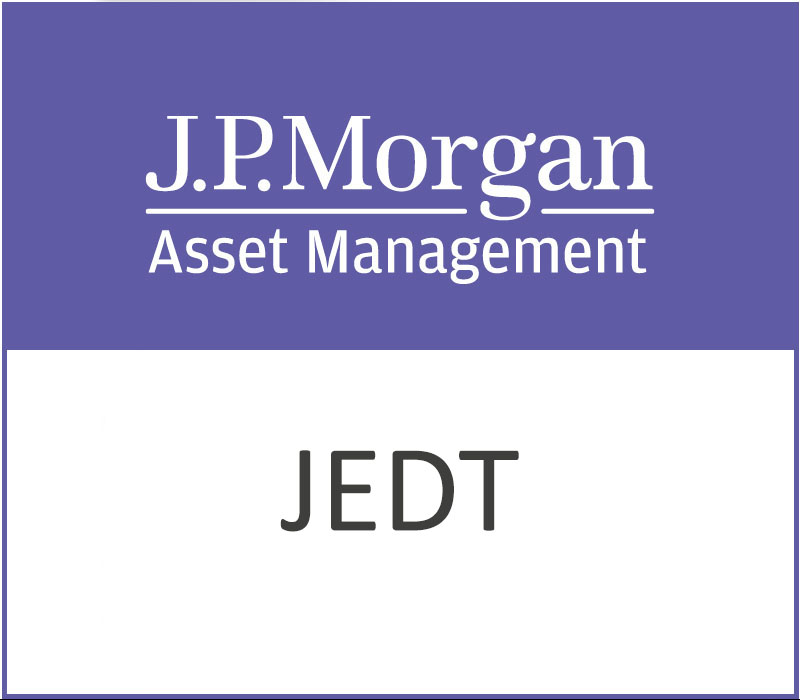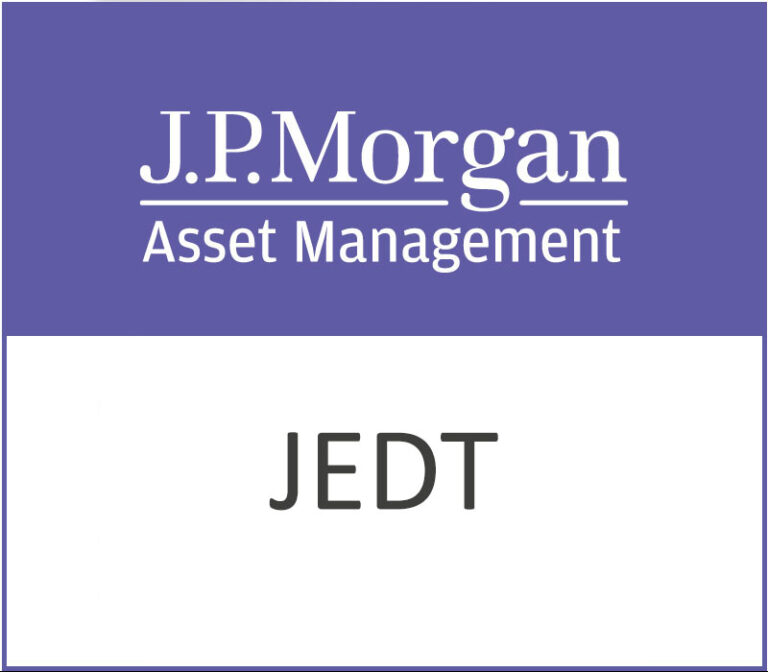A narrow band of calm has emerged across European markets, not from conviction but from an absence of fresh triggers. Amid the usual churn of geopolitical drama and central bank anticipation, what’s taking shape is a peculiar quiet, one that doesn’t yet suggest resolution but no longer screams disruption either.
Wednesday’s session unfolded under the shadow of a fragile truce in the Middle East. While far from decisive, the lull in hostilities has tempered some of the anxiety that recently pushed oil prices higher. As Brent and WTI softened from last week’s peaks, the energy complex gave ground, allowing broader indices to lean ever so slightly positive. The pan-European STOXX 600 edged forward, anchored by pockets of strength in autos and defence, even as Germany’s DAX posted a modest decline.
Stellantis captured investor attention with a notable uptick, helped by favourable broker commentary and improved vehicle registration data across key European markets. Its move reinforced an emerging dynamic—selective exposure to industrial resilience, particularly in categories benefiting from either policy tailwinds or easing input costs. On the defensive side, names linked to NATO-related spending or regional security imperatives continued to attract interest. That theme, already in play for months, found fresh justification in the week’s headlines, even if the ceasefire itself remains delicately poised.
Energy, predictably, sat on the other side of the ledger. With crude pricing retreating by around one to two percent on the day, the sector faced headwinds. Yet here too, the implications stretch beyond day-to-day moves. Softer oil implies easing inflation pressures, especially important for the eurozone—and therefore a slightly more accommodating backdrop for policymakers navigating a softening economic landscape.
This sets the stage for the true focal point of the day: Jerome Powell’s congressional appearance. While no major policy pronouncements were made, his tone provided subtle but significant cues. Acknowledging disinflation trends and a cooling labour market, Powell stopped short of signalling imminent action, but his remarks reinforced market conviction that a rate cut could plausibly arrive by September. Futures pricing now leans in that direction, offering markets a tentative green light even as uncertainty lingers.
The interplay here is vital. A stabilised oil market softens inflation concerns. That, combined with slowing economic indicators, gives central banks more latitude. And if geopolitical tensions remain contained—or at least don’t escalate, then the path of least resistance may favour stability with a tilt towards accommodation. For European equities, this is a constructive, if cautious, scenario. It’s one that supports valuation normalisation without the burden of fresh shocks.
Investors appear to be leaning into this posture selectively. Autos and defence are capturing capital flows, while sectors dependent on elevated commodity prices are seeing rotation. Market breadth remains narrow, suggesting this is not a full-risk-on environment, but rather a filtering process in search of resilience and optionality.
The next catalysts may arrive swiftly. Macro data from Germany and Spain could reinforce or challenge the sense of calm. Meanwhile, the Fed’s data-dependent stance means that even minor shifts in inflation or employment figures could recalibrate expectations. Yet the mood, at least for now, feels less reactionary and more composed.
European markets are navigating a corridor of containment, between geopolitical resolution and monetary leniency. If neither side breaks dramatically, this could represent a moment for patient accumulation in quality names positioned for medium-term upside.
JPMorgan European Discovery Trust plc is an investment trust company. The Investment Trust JEDT objective is to achieve capital growth from a portfolio of quoted smaller companies in Europe, excluding the United Kingdom.






































